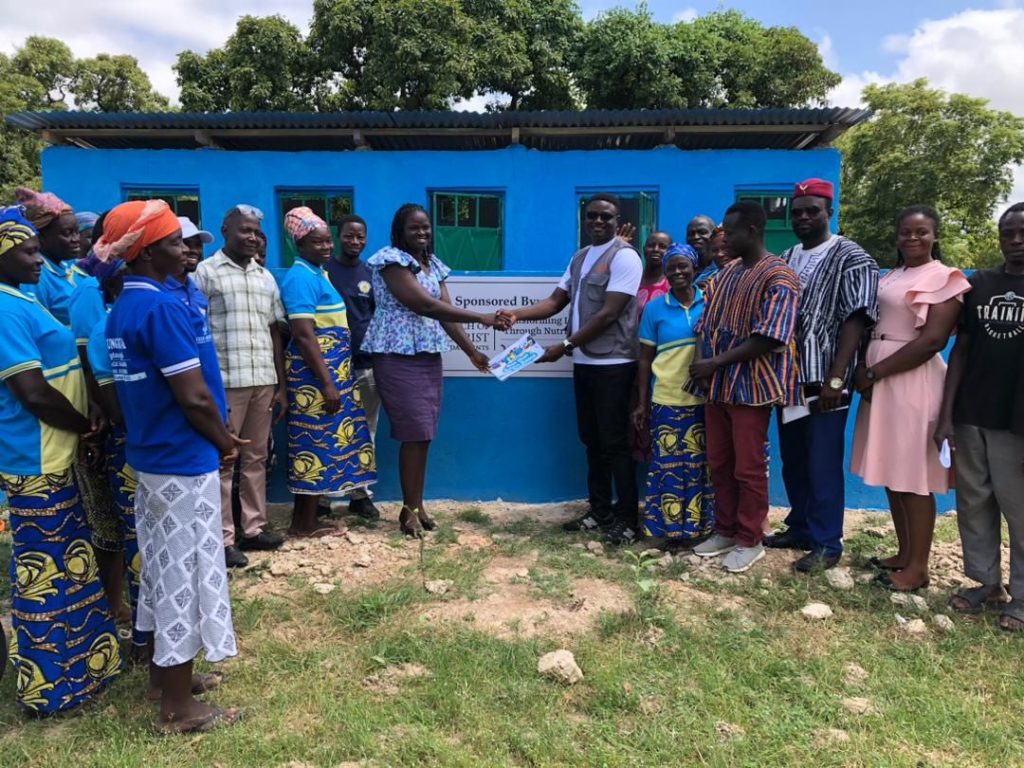
IDE Ghana, known as International Development Enterprises (iDE) Ghana, primarily works to improve food security and rural livelihoods by enabling farmers to access affordable irrigation, water-saving techniques, and agricultural inputs like seeds and fertilizers..
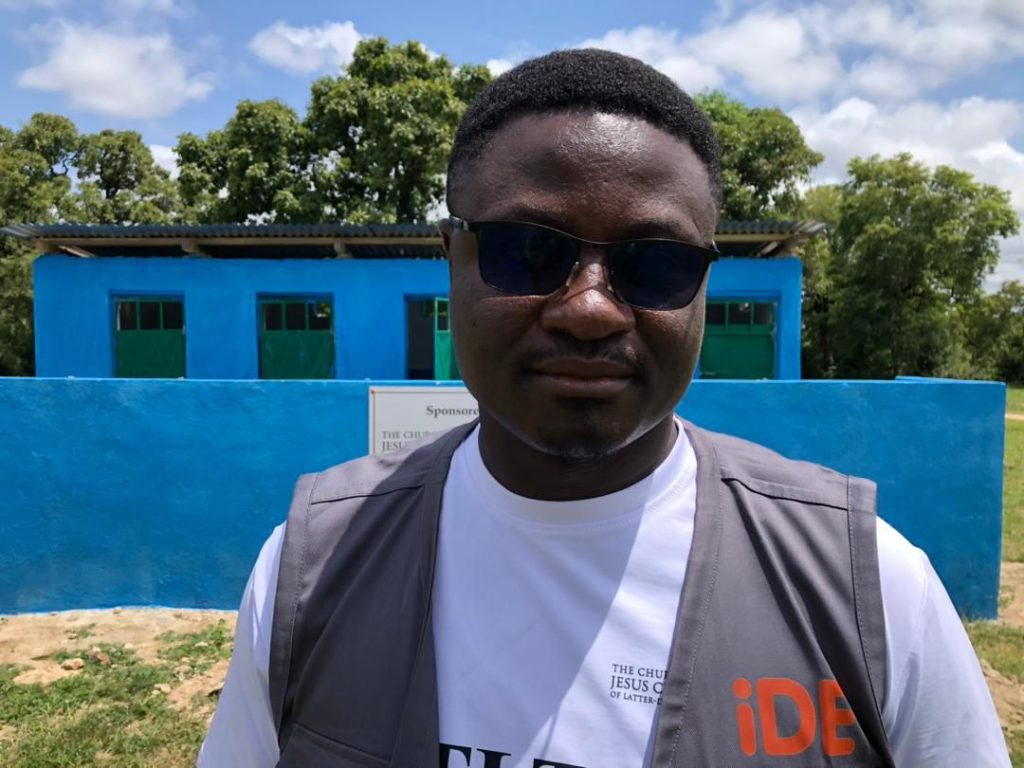
.Recently, IDE Ghana supported Morris Brown Primary School in the Bolgatanga East District of the Upper East Region with WASH (Water, Sanitation, and Hygiene) facilities to combat the persistent issue of open defecation.
The lack of proper sanitation has led to serious hygiene-related concerns among both teachers and students.IDE Ghana plays a multifaceted role in enhancing rural livelihoods and promoting sustainable agricultural practices.
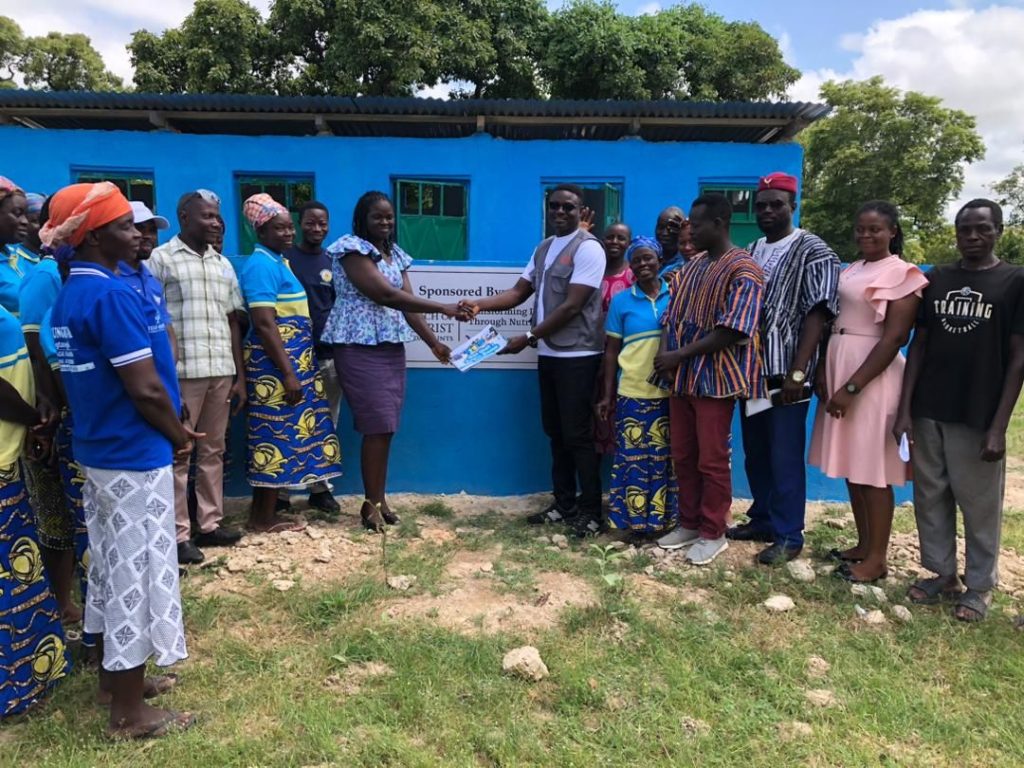
They provide smallholder farmers with access to small-scale irrigation and water-lifting equipment, enabling them to farm during the dry season.
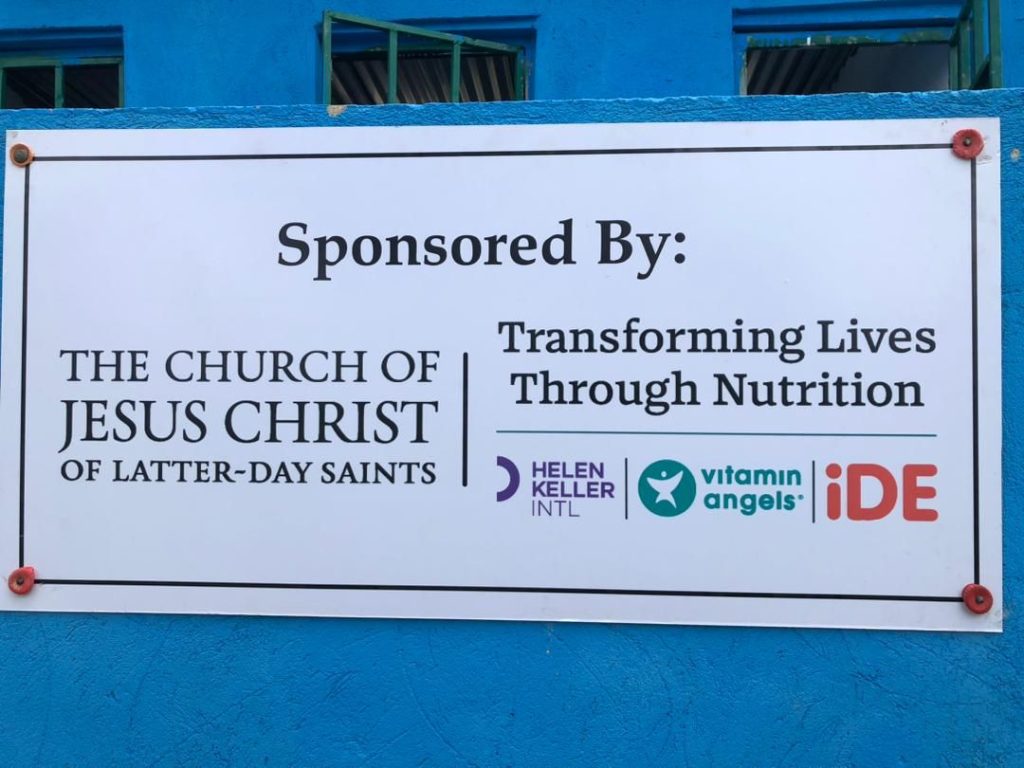
Additionally, IDE Ghana facilitates access to agricultural inputs such as improved seeds, fertilizers, and soil amendments, helping farmers establish market linkages for their produce. Their initiatives also emphasize sustainable and climate-smart agriculture to improve soil health and food production.
In the realm of sanitation and hygiene (WASH), IDE Ghana develops sustainable markets for affordable, culturally appropriate products and services. By employing a human-centered design approach, they create solutions tailored to the specific needs of rural Ghanaians, aiming to increase access to hygienic facilities and promote better personal hygiene. Through these comprehensive efforts, IDE Ghana is committed to improving food security, health, and overall quality of life in rural communities.
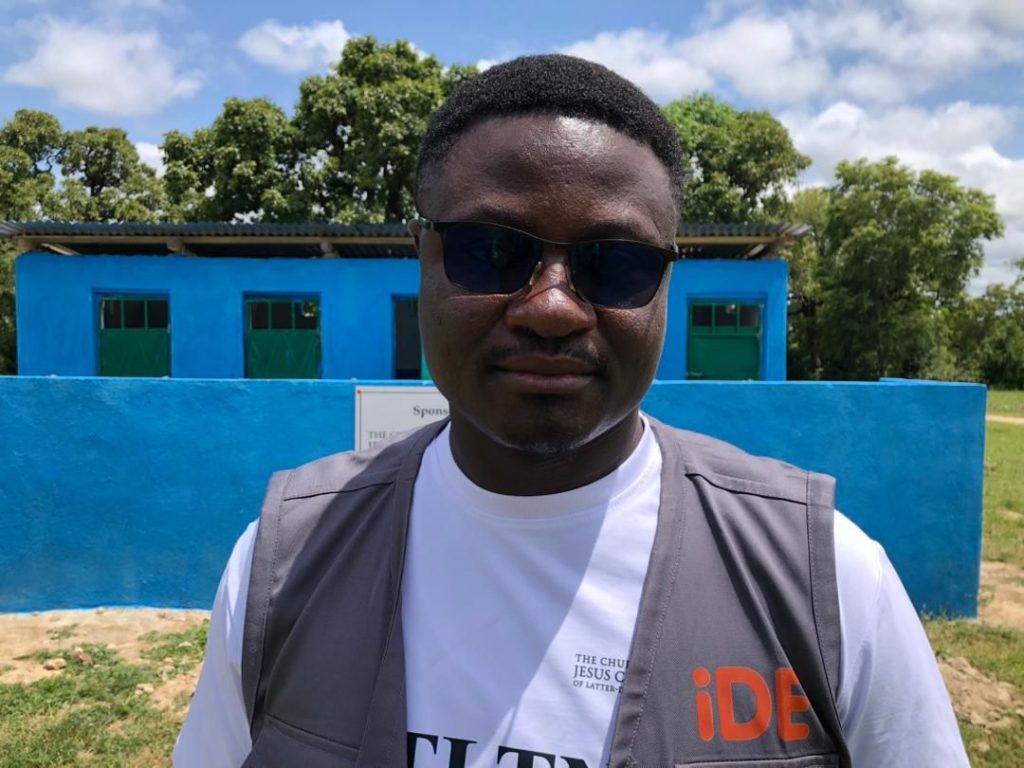
.Speaking exclusively to Word News, Mr. Ebenezer Kwakye, the Nutrition Project Led for IDE Ghana, highlighted their collaboration with the consulting organization **Transforming Lives Through Nutrition**. This project, which is supported by the **Church of Jesus Christ of Latter-day Saints**, focuses on maternal and child health.For the past year, IDE Ghana has worked in Kuokua, where they identified the community’s need for decent sanitation facilities. Quache emphasized, “Having a hygienic place to ease oneself is not just a necessity; it’s a human rights issue.” After consulting with the community chiefs, a new facility was constructed to help reduce the spread of diseases, particularly during the ongoing pandemic.
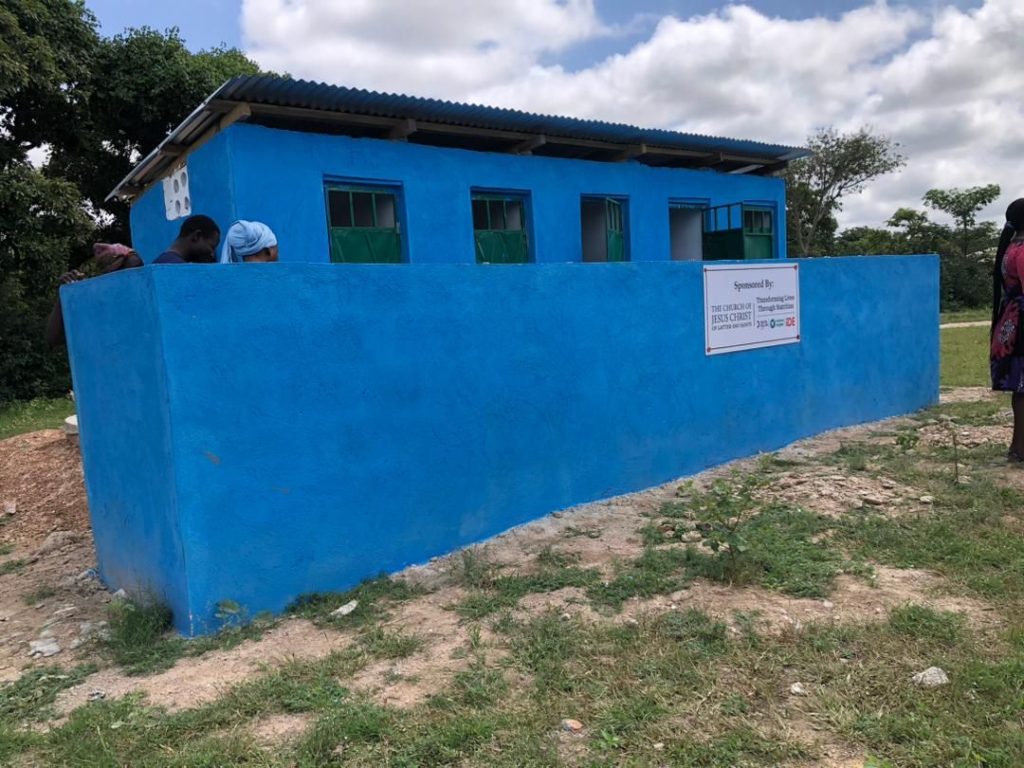
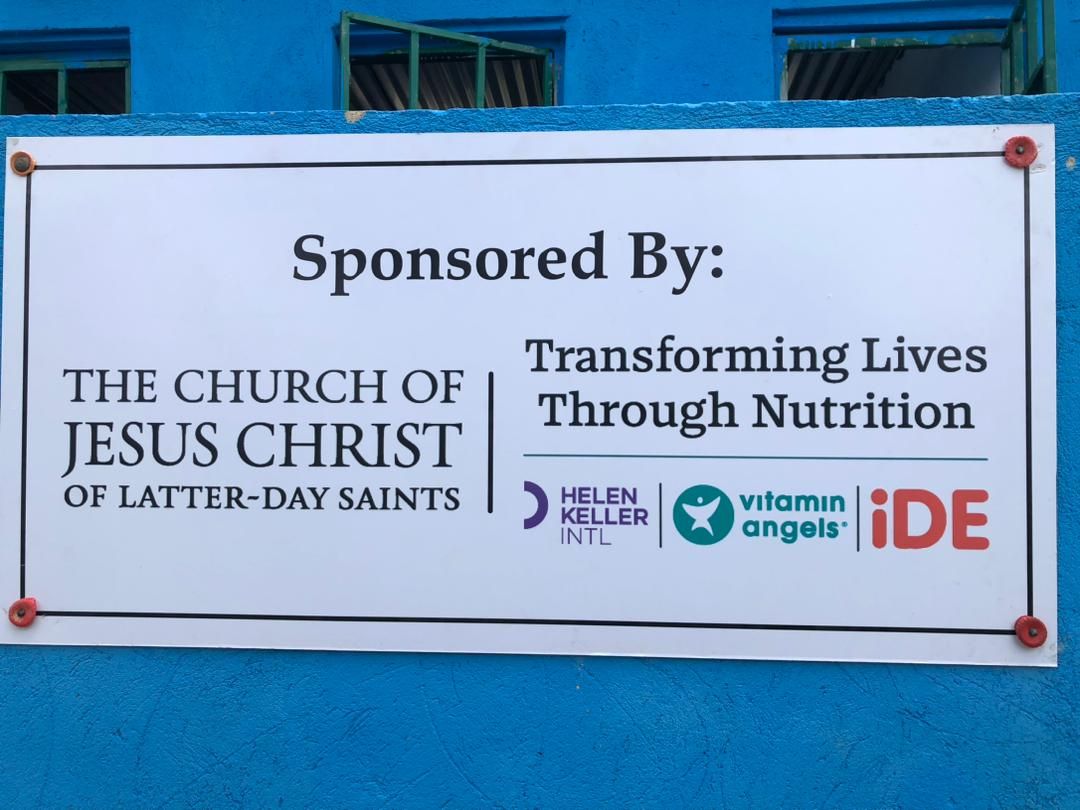
This initiative also aims to improve school attendance, especially for girls.IDE Ghana works through a **mother-to-mother support group**, assisting women in farming and providing resources such as poultry birds and fish for sustainable livelihoods.
They also conduct food demonstrations to help establish gardens that ensure year-round access to green leafy vegetables, addressing issues like anemia.Quache noted, “The community has been very engaging. We received support from the chief and are collaborating closely with the Ghana Health Service.” He also mentioned that the initiative encourages children to take eggs to school, enhancing their nutrition
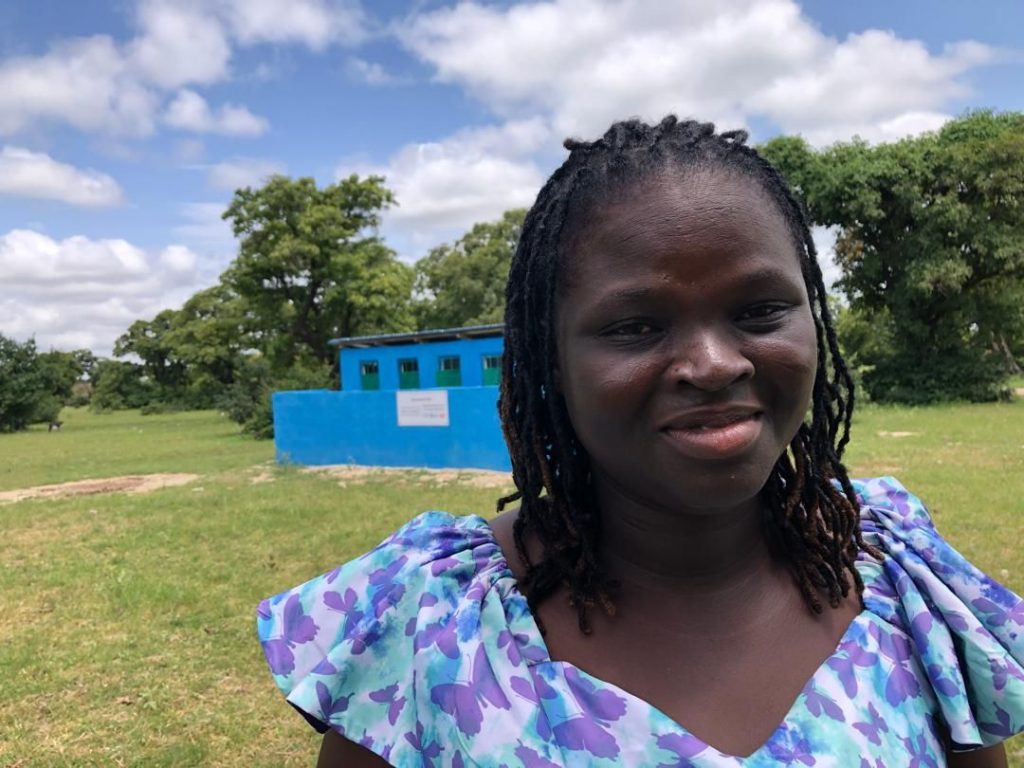
.Mrs. Asamanaba Jennifer, headmistress of Morris Brown Primary School, expressed her gratitude to IDE Ghana for the newly provided WASH facilities, stating that they have restored dignity to the students and teachers previously practicing open defecation. She highlighted the public health risks associated with open defecation, such as cholera outbreaks, and noted how the new facilities have contributed to a healthier environment.“The provision of WASH facilities by IDE Ghana has not only restored human dignity but has also significantly reduced cholera cases in the school,” Mrs. Jennifer added.
Source:mywordfmonline.com/Gaspard Ayuureneeya Adongo.